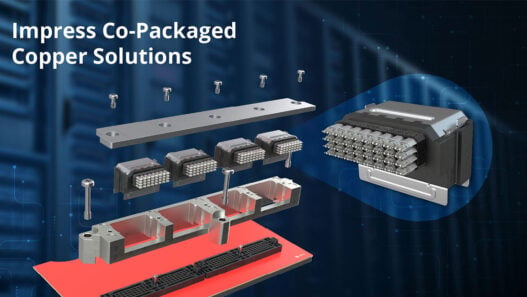Market research outfit Wiseguy.com estimates the global automotive artificial intelligence market will be worth $10.8bn by 2025 grow with a healthy growth rate of more than 39% over the forecast period 2017-2025. The market growth is primarily driven by the rising demand for smart vehicle and increasing focus of vehicle manufacturers to enhance user experience.
So Xilinx is hitting a sweet spot. Right now its work with Daimler-Benz is based on Zync system-on-a-chip (SoC) devices and AI acceleration software, a scalable solution that will deliver high performance, low latency and best power efficiency for embedded AI in automotive applications.
The collaboration with Daimler-Benz is progressing on a global basis.
Mercedes-Benz R&D centres in Singelfingen near Stuttgart and Bangalore, India are implementing AI algorithms on the Xilinx platform.
Mercedes-Benz will productise Xilinx’s AI processor technology, though the car maker is keeping product details close to its chest.
“We are accelerating our product development using AI technology by engaging our global development centres with Xilinx experts,” said Georges Massing, director user interaction & software, Daimler AG. “Through this strategic collaboration, Xilinx is providing technology that will enable us to deliver very low latency and power-efficient solutions for vehicle systems which must operate in thermally constrained environments. We have been very impressed with Xilinx’s heritage and selected the company as a trusted partner for our future products.”
That heritage now encompasses 29 car makers and 111 models using Xilinx solutions covering ADAS/AD, LIDAR, short range radar and various automotive camera applications, where specifically Xilinx is claiming a 38% share of the front camera unit market.
Moving forward it is likely future work will be based on Xilinx’s adaptive compute acceleration platform (ACAP) which “outguns GPU and CPU in performance.” says Stefan Janouch, Senior Marketing Manager, Automotive EMEA for Xilinx.
Announced in March, this new device categoryhas – at its core – a new generation of FPGA fabric with distributed memory and hardware-programmable DSP blocks, a multicore SoC, and one or more software programmable, yet hardware adaptable, compute engines, all connected through a network on chip (NoC).
An ACAP also has highly integrated programmable I/O functionality, ranging from integrated hardware programmable memory controllers, advanced SerDes technology and leading edge RF-ADC/DACs, to integrated High Bandwidth Memory (HBM) depending on the device variant.
The first ACAP product family, codenamed “Everest,” will be developed in TSMC 7nm process technology and will tape out later this year with production slated for 2019, including automotive qualified devices.







